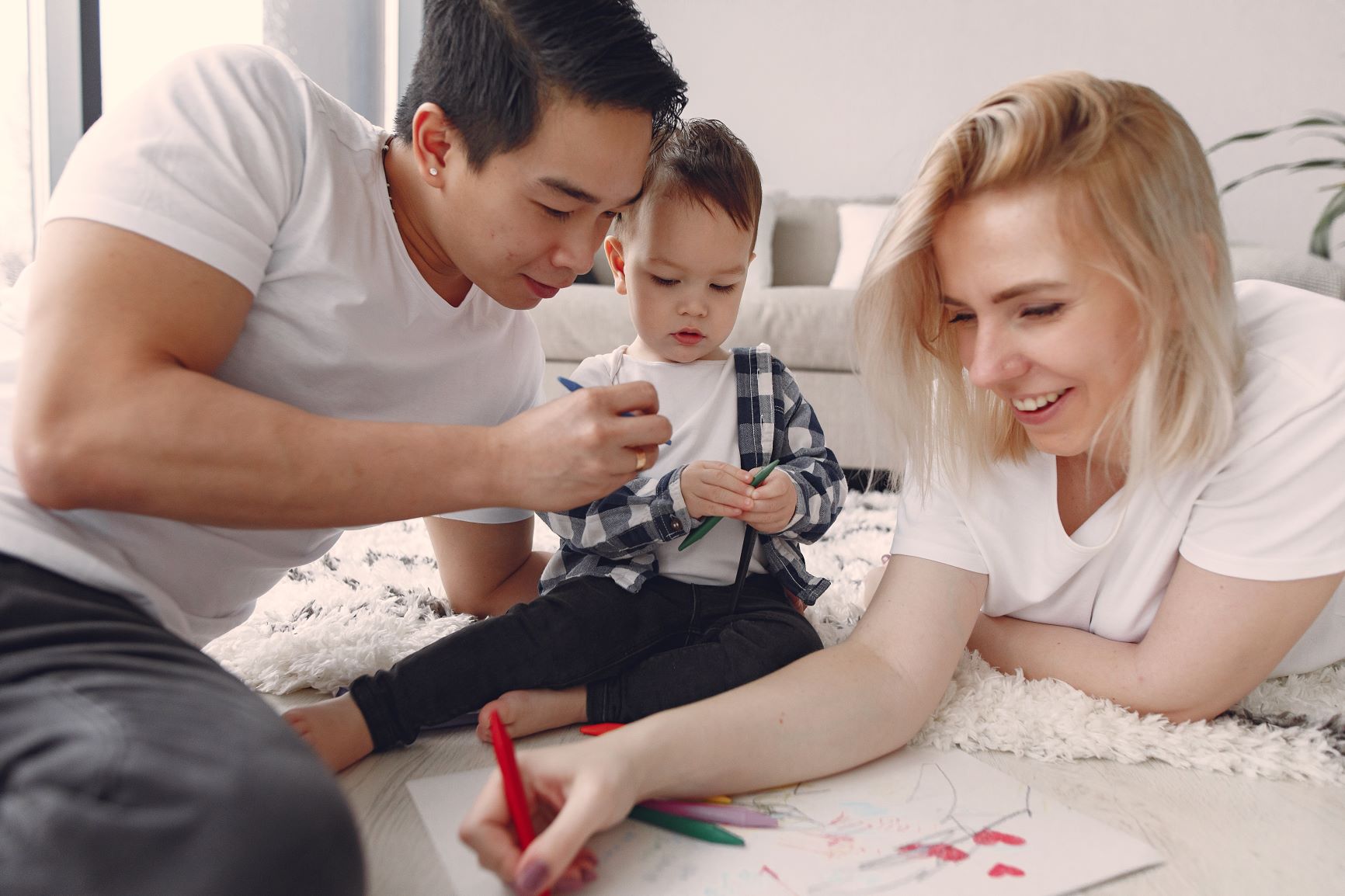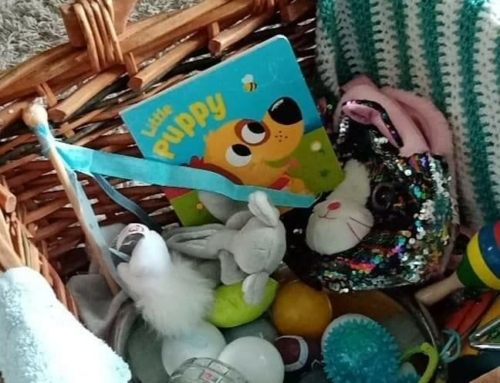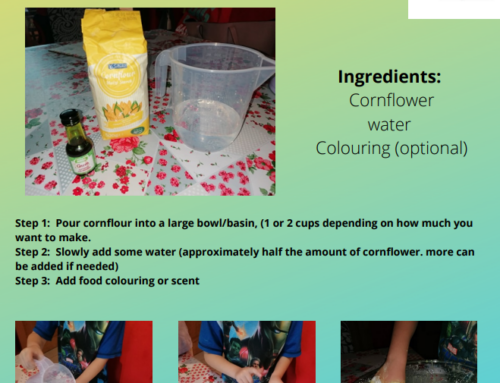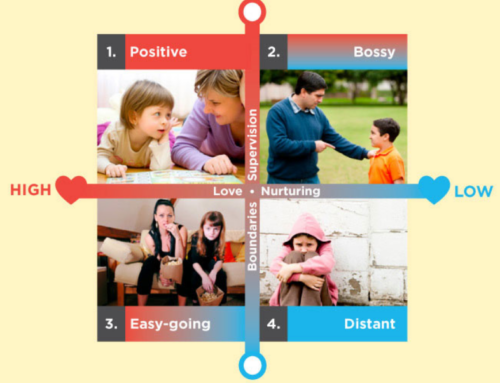COVID-19 has created challenging and unprecedented times for everyone. As each day dawns we wake up with a sense of uncertainty of the day ahead. Although we can’t control our external environment we can control most of what happens in our home by maintaining consistent and flexible routines. Routines are tasks or activities you do in a particular order. Daily routines are important as they help you structure, organise and take control of your day.
In the midst of COVID-19, not only has your world been turned upside down but also the world of your young child. They may now have parent(s) at home (some possibly working) and older and younger siblings at home all day every day. They are also missing their friends and teacher from preschool or creche. Your child is now trying to adapt to a new daily routine just like you at home.
There are many reasons why routines are important for a young child and adult alike. Organised and predictable routines give structure to the day. This helps children feel safe and secure as they know what is happening next, giving them emotional stability and security. Some other benefits of good routines include the following:
- Lowering stress and anxiety levels amongst parents and children.
- Providing opportunities to create healthy habits.
- Helping to set children’s body clocks.
- Strengthening relationships between parent and child interactions.
- Developing basic life and social skills and time management.
- Routines also help to minimise tantrums and poor behaviour and resolve disputes as children know what to expect next in their day.
Routines can be created for everything from your morning, meal times, learning to bedtime routines. It all depends on what works for you and your family. We are now more than three weeks into lockdown and most families have created their own new ‘normal’ family routine. If you are looking at your routine to see what is working and what simply is not working, here are some tips to bear in mind:
Create a Visual Schedule and get the kids involved!
Know what tasks you need to include in your day. For example, structured activities such as home schooling, meals, work, and breaks. Unstructured activities, such as exercise and free time in your day. Ask your child what they would like to include in the schedule. Maybe even ask them to draw pictures of the activities they would like and stick them to the schedule. You could also encourage them to tick off (or insert a sticker) when the activity is completed. Doing this supports their sense of mastery of skills, a sense of control and satisfaction. The visual guide will help younger children understand what is on the schedule and also help with transition between activities. Engaging your child by giving them choice allows them to be on board with the schedule which will reduce power struggles and minimise the tantrums as everyone knows what is coming next.
Make routines fun (especially in the current climate!)
- Take for example, one of the preventative measures for COVID-19, washing your hands for 20 seconds. To make this fun, you could combine this by singing your favourite song or doing your favourite dance at the same time.
- You could also adapt this approach between transitioning of activities. This will signal the end of one activity and the beginning of the next activity.
- Creating a Reward or Achievement Chart can be a fun way to remind your young child about what they have completed during the day. This can also be a perfect opportunity to engage your child in chat about their achievements during family meal times. By doing this you are boosting your child’s confidence and self-esteem. You are also improving their language, memory and sequential skills which are brilliant for child development. All of which will remain with them throughout their life.
Keeping Social Connections
It is important to keep your young child’s routine as similar as possible to their routine prior to the COVID-19 pandemic. Young children will miss their friends, their grandparents and other important people in their lives. To keep their social and family relationships strong, you could use alternative ways to stay connected. Social Media Platforms or Apps, phone calls or even better write a letter or draw them a picture. This will maintain your and your child’s well-being and is equally as important as other aspects of your child’s development.
In creating and maintaining a daily routine try to be consistent but also be flexible as well. If there is good weather outside, and you are lucky enough to have a garden, go outside and enjoy the sunshine or if things are not going to plan and everyone is having a bad day make time for some special family time such as a movie or board game.
From a positive perspective this difficult time gives us the opportunity to create new family traditions. It allows us to figure out what works for us as families and also build resilience in you and your child. We are all in the same boat whether it be learning to parent differently during this pandemic or simply learn to survive during this pandemic. The most important thing for everyone is to remain safe and focus on you and your families’ health and well-being. Remember to be kind, be patient, practice self-care and stay safe.
If you would like to know more about how to talk you child about COVID-19, check out our earlier blog ‘Coronavirus: is your child concerned?’







